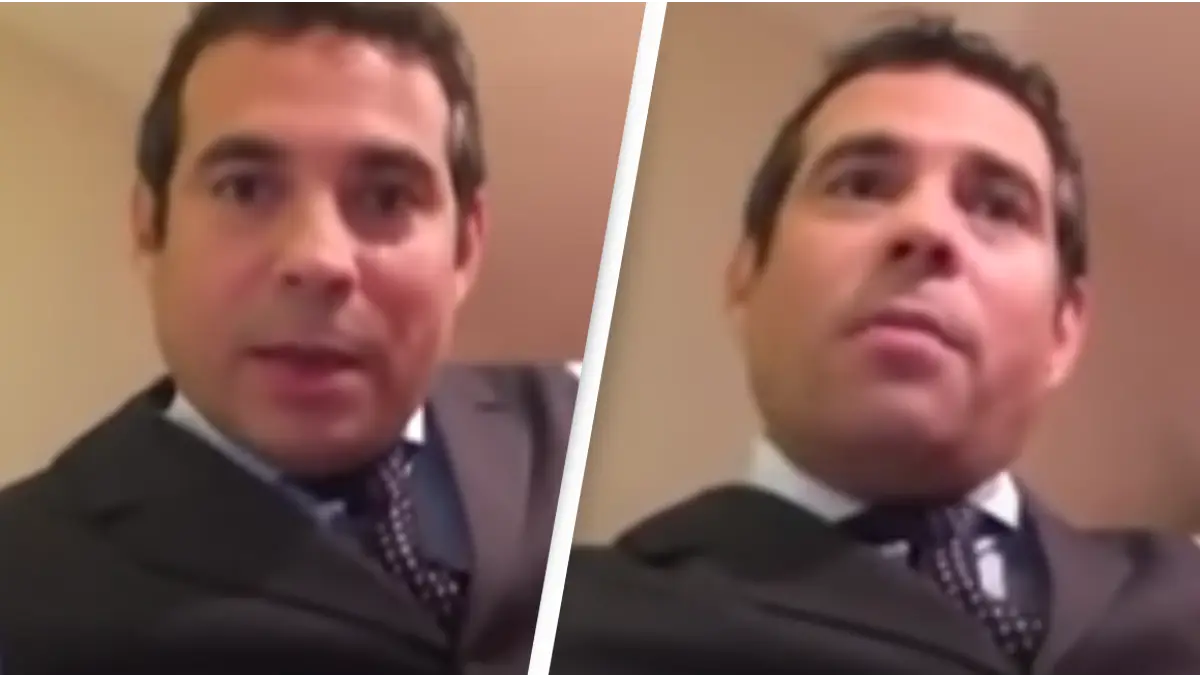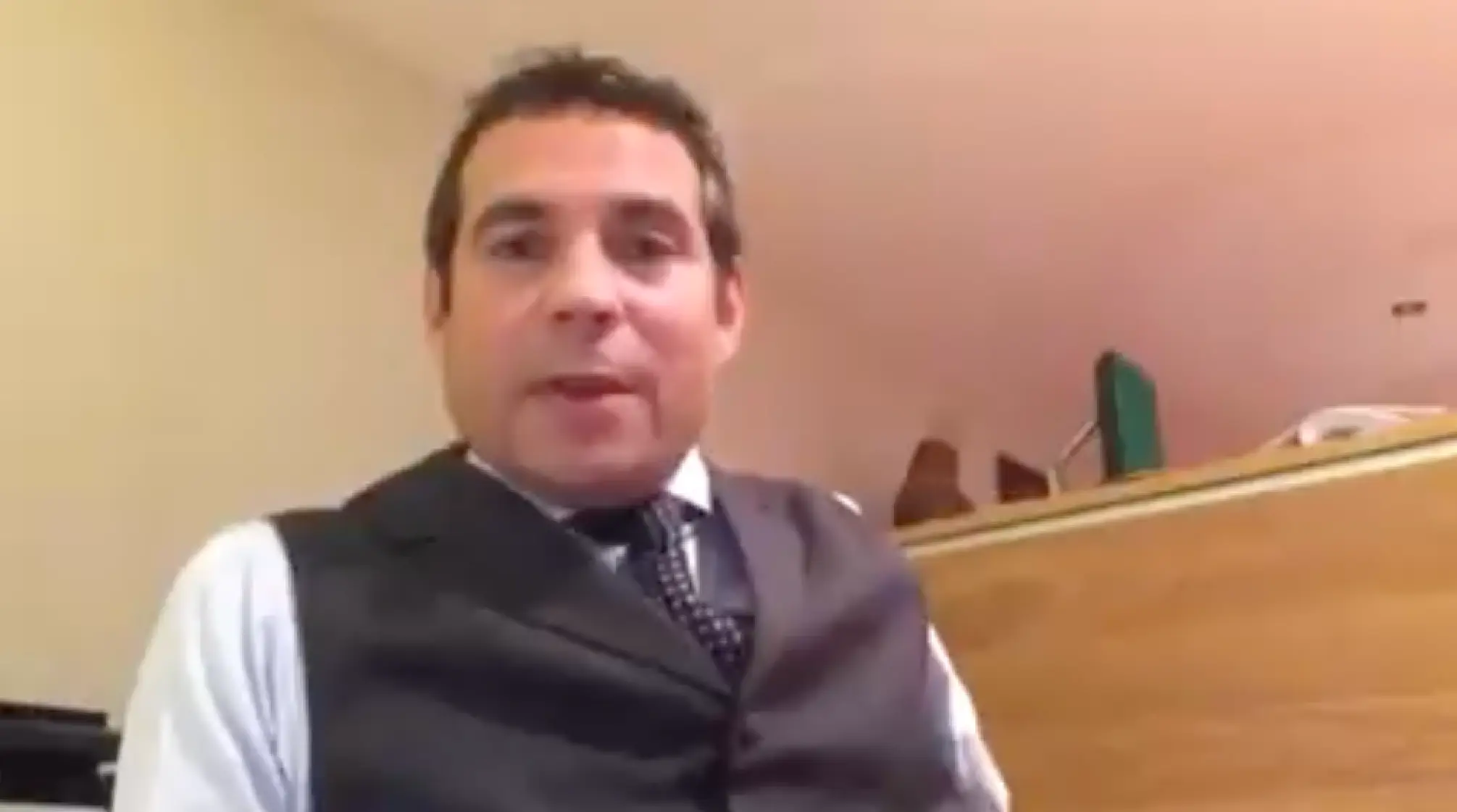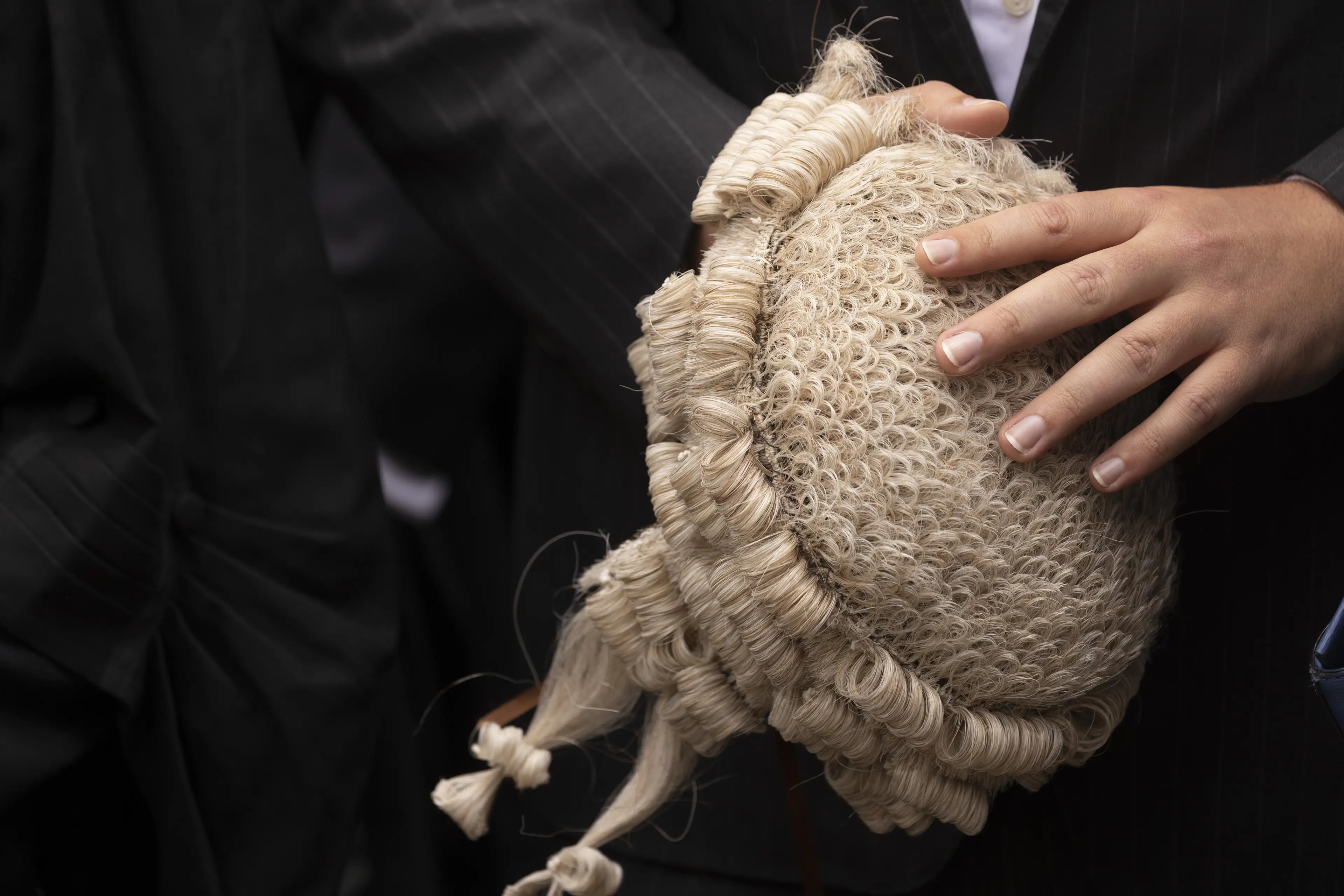
It's a perennial question for anyone involved in law, and especially the criminal bar: how can you defend someone who you think or know is guilty?
Dominic D'Souza is a barrister, which for our US readers is a lawyer in the UK who represents clients in court, and explained his reasons for why he will represent anyone regardless of whether he thinks they're innocent or guilty.
Firstly, it is worth noting that as a barrister in England and Wales, there are rules if your client admits to you that they did it.
Advert
If they do, you cannot explicitly tell the court that they are innocent and have to find other ways to make their case.
That's all well and good, but what about the moral side of things?
Well, barristers in the UK also cannot refuse a case based on their opinions on the guilt or innocence of their client.
But D'Souza explained that when it comes to defending clients his personal opinions on their guilt are irrelevant.
Taking to his YouTube channel, he said: "Our job is defence, barristers is to represent everybody in exactly the same way, with exactly the same professionalism, with exactly the same determination, with exactly the same courage.
"And it does take courage sometimes, as if we were representing our loved ones, or as we'd want to be represented ourselves.

"Our job as defence advocates is not to be the jury, not to decide who we want to defend and who we don't, because everybody's entitled to a defence, but just to assist the jury in coming to their own determination.
"The answer to the question 'how do you defend someone who you think is guilty?' is simply this: I have no idea who is guilty or not."
People had a lot of thoughts on the matter, and took to the comments to share them.

One person pointed out that it is juries who decide guilt, not lawyers, writing: "The way I always thought of it is that if attorneys refused to defend clients that they thought were guilty, then that defendant's outcome ends up being decided by the opinion of one person rather than the collective judgement of 12 people that have heard all the evidence."
A second wrote: "You aren't defending the vile human being. You are defending the criminal justice system. There is no conflict of conscience when do your job ethically and legally as an attorney. "
A third posted: "I’ve always heard and agreed with the same argument: When criminals lose their rights, all it takes for the rest of us is to be labeled as criminals, then we lose our rights as well."
Topics: News, UK News, World News, Crime
